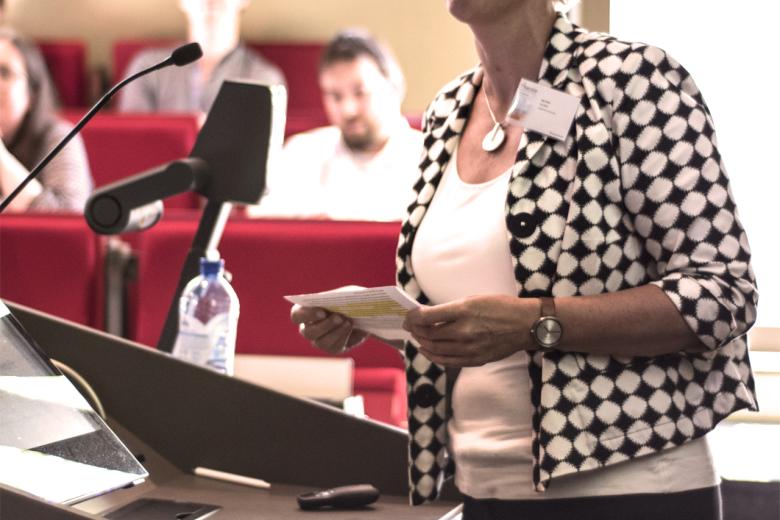Bachelor regenerative medicine and technology 2024-2025.pdf
(88.38 kB, PDF)
… inorganic and physical/analytical chemistry, such as stability, reactivity, functional groups, reaction/mechanism types, structure, kinetics, thermodynamics, and chemometrics to understand complex biological systems as well as to design materials for biomedical applications. The newly taught concepts are integrated in multidisciplinary cases/problems, which are discussed and worked out in small groups. Course objectives Upon completion of the course, the RMT student is able to: Elaborate how … (errors, significant figures, signal to noise ratios, accuracy vs precision). Elaborate how the learned basic concepts of general, physical, organic and inorganic10. chemistry can be applied to understand biological processes and to design materials for biomedical applications with specific physico-chemical properties. Recommended reading This is the link to Keylinks, our online reference list. RMT1001 Period 1 2 Sep 2024 25 Oct 2024 Print course description ECTS credits: 8.0 Instruction language: … and post-discussion. The students should spend time in self-study to prepare for the tutorials. Below is a table with the time schedule. The below table is for your information only. It is not definitive and is subject to changes. Always check the Student Portal for the exact place and time of the lectures, tutorials, exams, and other deadlines. https://coursecatalogue.maastrichtuniversity.nl/meta/488474/coding-and-data-crunching?print=1 …

